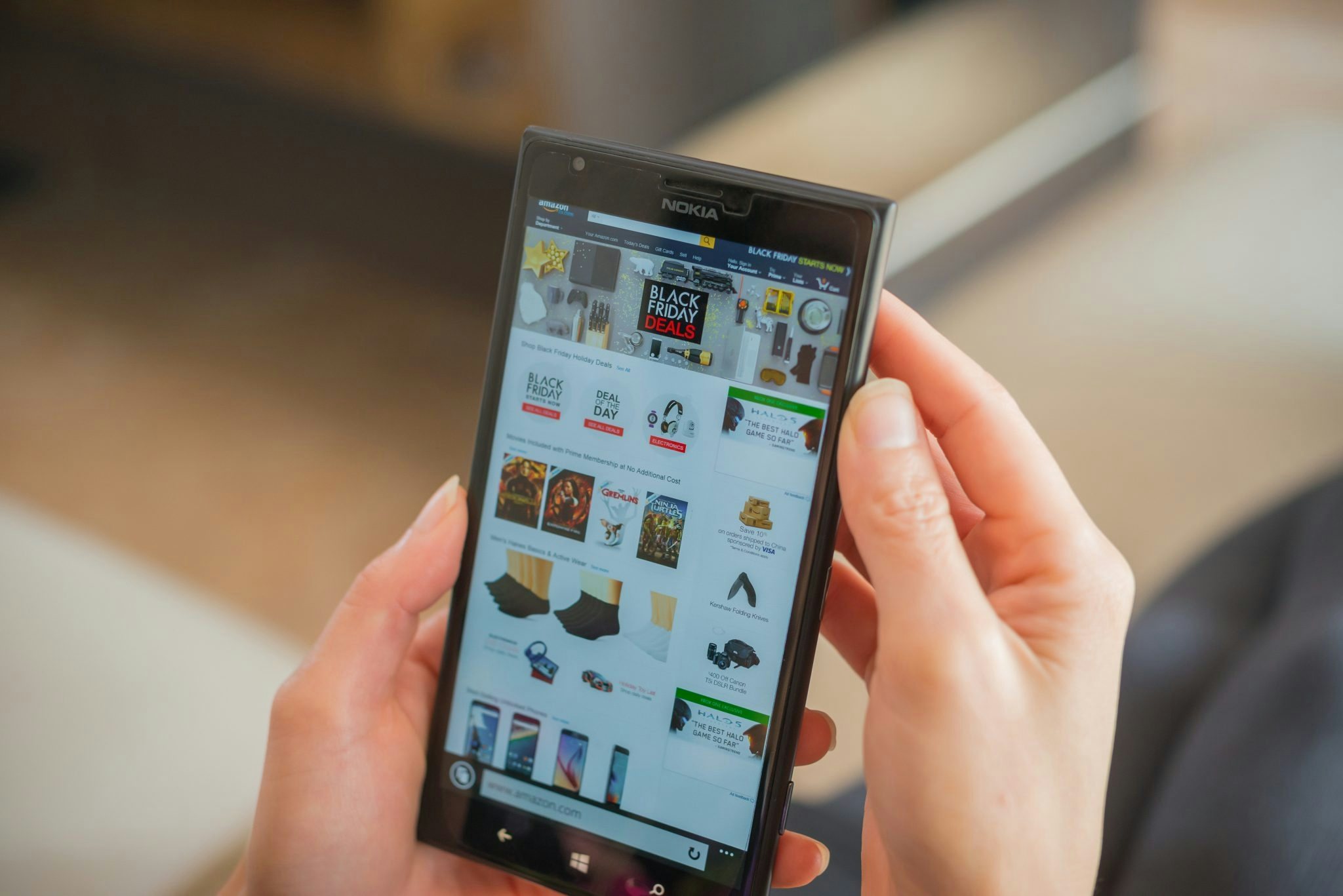Brands have 66 minutes to make a connection to Chinese consumers on WeChat per day#
With 731 million internet users in 2016, China is the largest internet market in the world in terms of size. If the global luxury industry had any qualms about embracing digital trends and moving their businesses online, and thereby succumbing to the mass nature of the internet, it is slowly putting those concerns to bed.
In an August report, "China Internet Trends 2017,” Edith Yeung, a San Francisco-based venture capital investment expert, reveals the latest developments in the country's internet market that have implications for luxury and fashion brands.
The report first highlights the importance of WeChat, China's uncontested top social media platform. As "the Chinese way of life," the average WeChat user spends 66 minutes on the app per day to contact friends and family, to shop, read news and pay for meals.
The above chart further breaks down a typical day of the Chinese WeChat user. For example, they tend to open "Moments" in the morning, around noon and in the evening to catch up with the happenings of their social circle. This findig reveals the best timing for brands to advertise to their followers.
The Chinese internet population is addicted to gaming#
The report also finds that the Chinese internet community devotes a significant amount of time to playing games everyday. In 2016, there were 600 million gamers in China who generated 24.6 billion in revenue for game developers. Tencent, the creator of the hit game "Honor of Kings," profited nearly 1 billion from the game that year.
The gaming culture is evident among the younger generation regardless of gender, which has inspired a number of luxury brands such as Cartier and Hugo Boss to launch mobile social marketing campaigns that incorporated gaming elements.
Is education the new luxury?#
One final section of the report is about the education in China. It points out that "most Chinese parents would rather not eat, but spend 40 to 50 percent of their income on education for their kids."
In China, it is a cultural tradition for Chinese parents to be generous about their childrens’ education. However, if they are willing to spend half of their income on that education as the report stated, it is likely to limit their domestic luxury consumption in the future.


